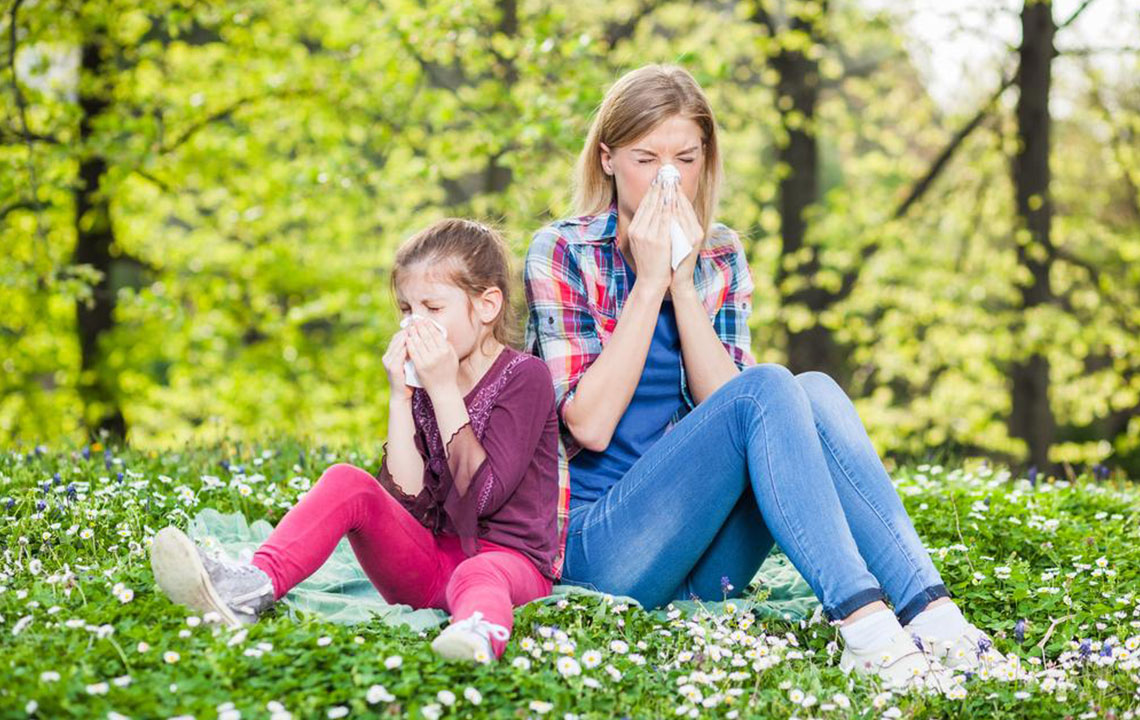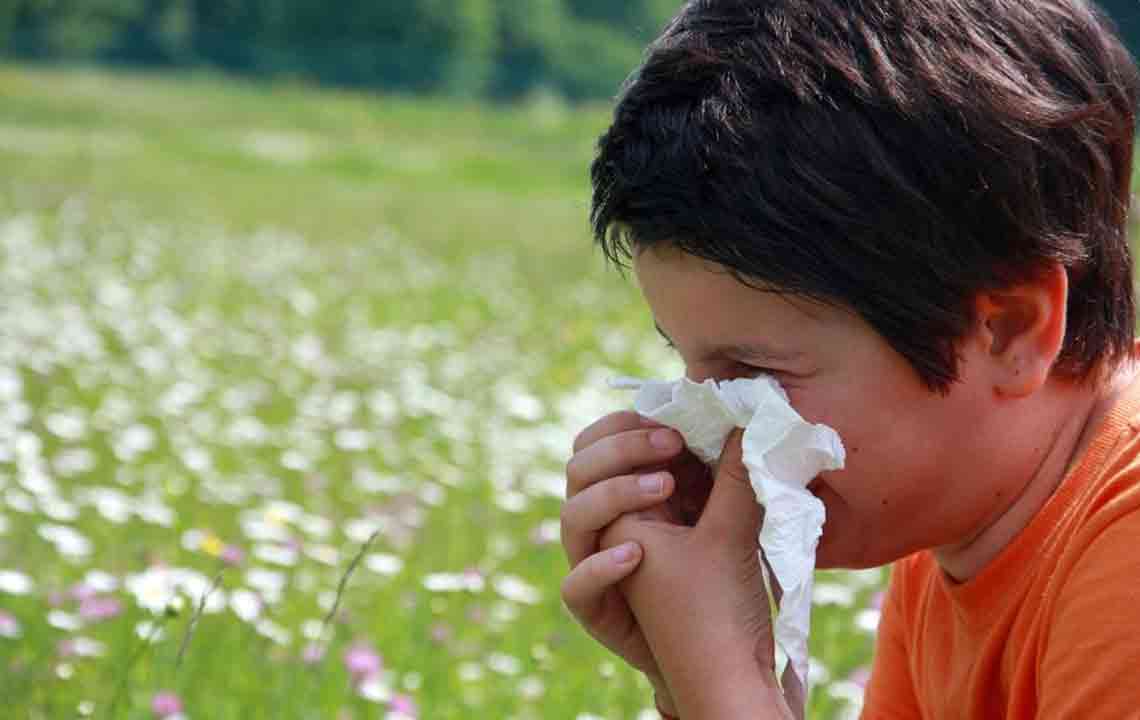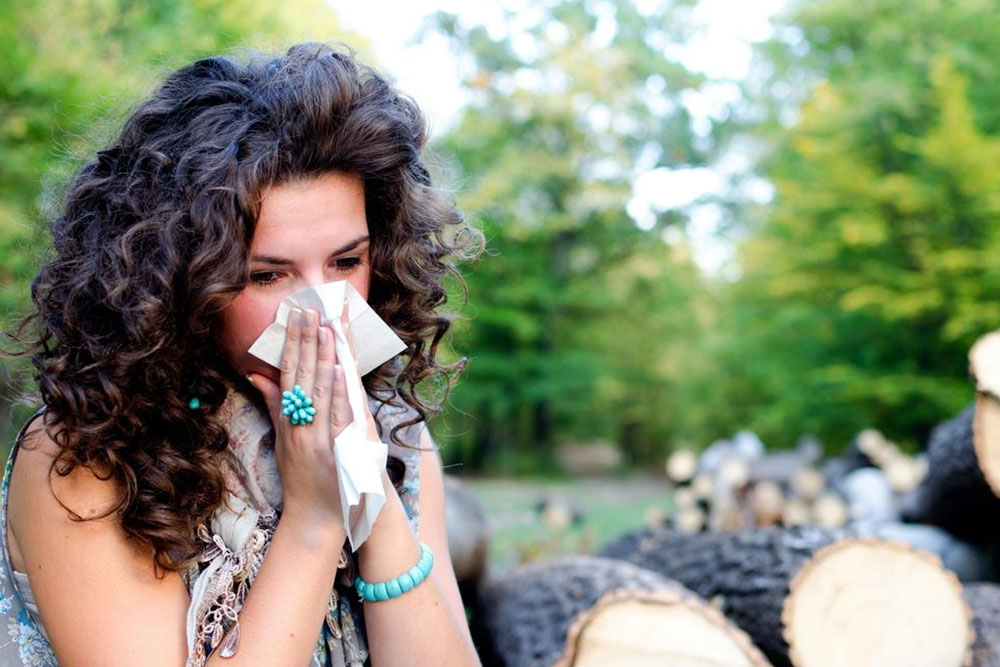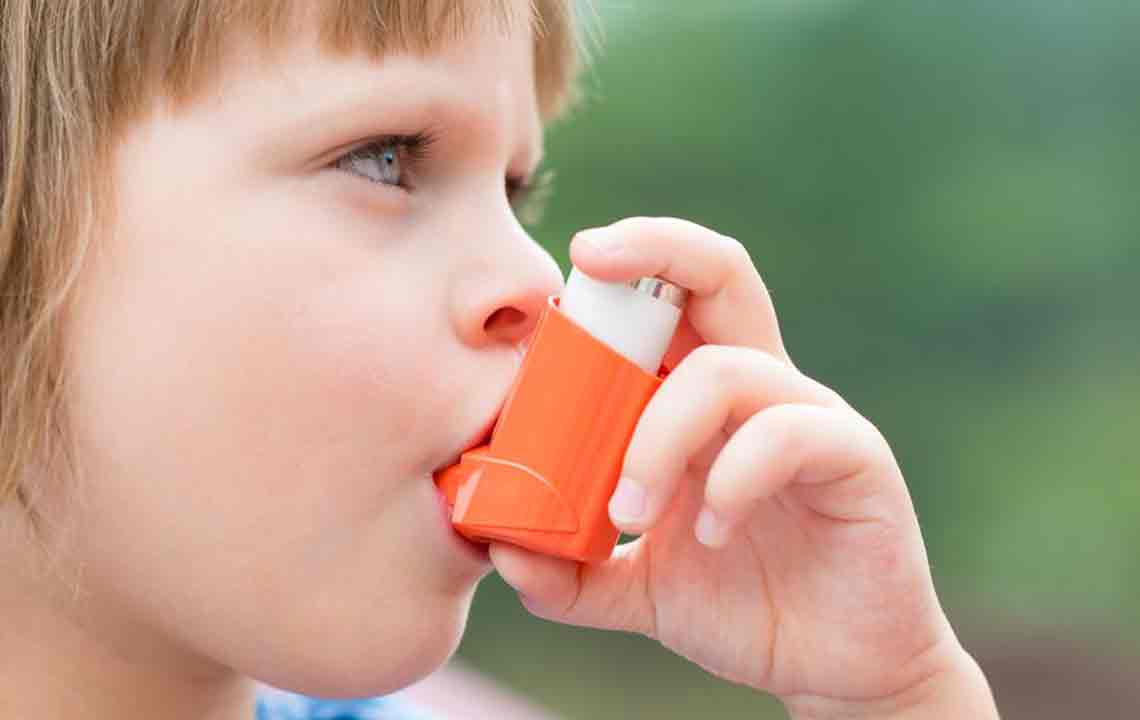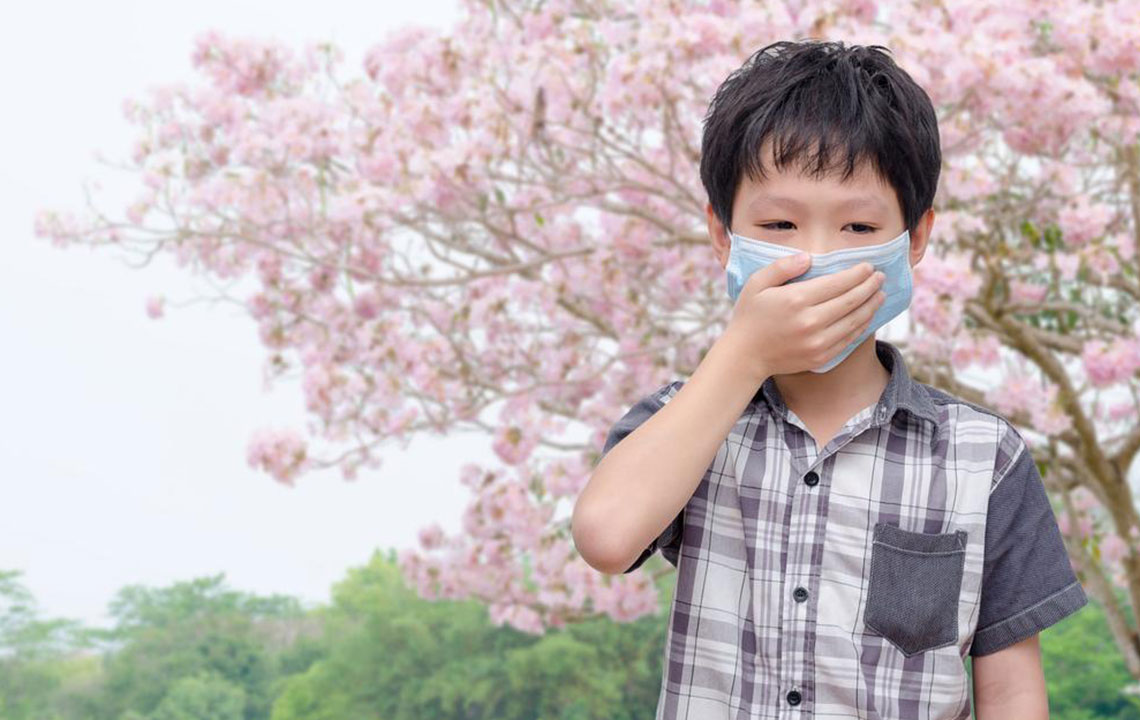Effective Strategies to Manage Fall Allergies
Learn effective methods to manage fall allergies, including environmental control, medication tips, and lifestyle adjustments. Protect your family from seasonal symptoms and enjoy a healthier autumn season with these expert-recommended strategies.
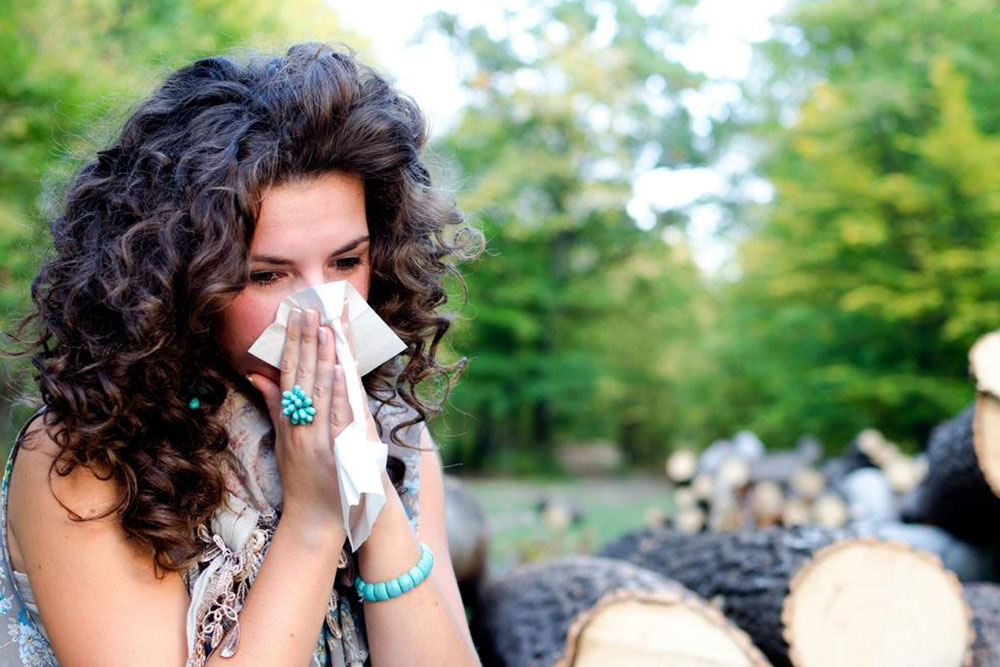
Effective Strategies to Manage Fall Allergies
As autumn arrives, many children are confined indoors due to seasonal allergies. Understanding these allergies and implementing practical solutions can alleviate discomfort. Let’s explore common symptoms and effective management tips to keep your family comfortable this fall.
Recognizing Fall Allergy Symptoms
Over 30 million Americans experience seasonal allergies during fall. The most prevalent is hay fever, caused by various plants, notably ragweed, with 17 species responsible for triggering reactions.
Autumn allergy indicators include:
Sneezing
Post-nasal drip
Itchy eyes, nose, or throat
Asthma flare-ups
Fatigue
Congestion
Coughing
Tips for Managing Fall Allergies
Use a dehumidifier— Excess moisture in fall promotes mold and dust mites, aggravating allergies. A dehumidifier reduces humidity, creating a less hospitable environment for these allergens.
Maintain cleanliness— Shower and wash after outdoor activities to remove pollen. Remove shoes and change clothes at the door to prevent allergens from entering your home.
Monitor pollen counts— Stay indoors when pollen levels peak. Limit outdoor activities until levels drop to reduce exposure.
Laundry precautions— Avoid drying clothes outside as pollen can cling to fabrics. Use a dryer or wash clothes promptly after outdoor exposure.
Over-the-counter medications— Take antihistamines before allergy symptoms worsen. Many are now non-drowsy and long-lasting, providing effective relief during the season.
Change HVAC filters— Replace air conditioner filters regularly with hypoallergenic options to trap pollen and mold spores.
Use air conditioning at night— Keep pollen out of bedrooms by running the AC with HEPA filters during sleep hours for air purification.
Pet considerations— Limit pet access, especially dogs, in bedrooms during allergy season, as they can carry pollen residues.


